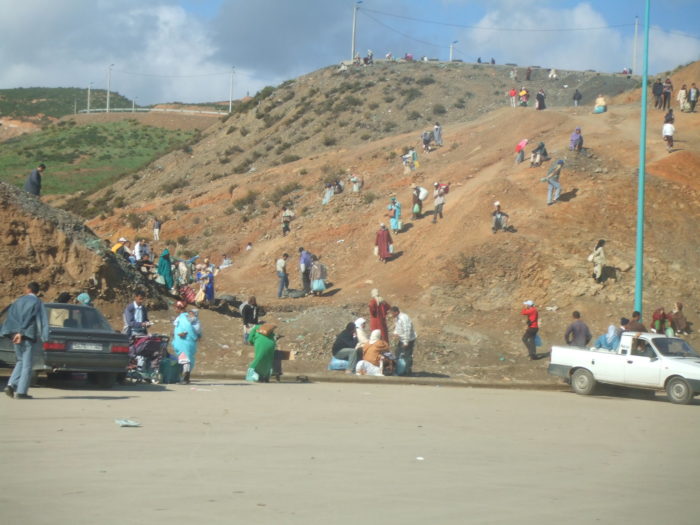This paper, by Emmanuel Comte, Senior Research Fellow, Ariane Condellis European Programme, analyses immigration restrictions by discussing major recent debates of historical political economy and proposing a new explanatory model. The conclusions in recent research on the subject of immigration restrictions converge in highlighting the natives’ fear of economic costs as a potent factor in immigration restrictions, despite evidence proving that actual costs are small and circumscribed, while the aggregate impact of immigration is generally positive. This paper develops existing scholarship to explain the magnitude of current immigration restrictions in Europe and North America by proposing a sequential path dependency model based on both historical insights and the insights of institutionalist theories of path dependence. In this model, the fears of adverse economic effects held by specific segments of the national workforce interact with a power structure dominated by the state and with the agency of union leaders and policymakers initiating a series of policy cycles that lead to complete restrictions on low-skilled immigration.
Read the full paper here in pdf.



